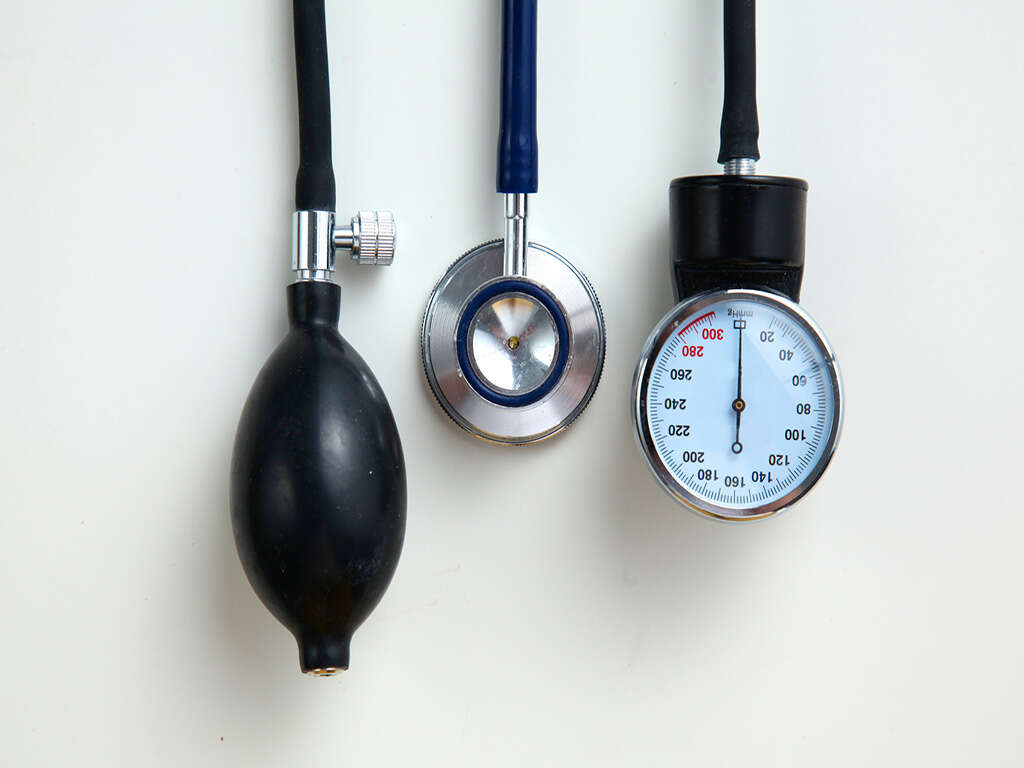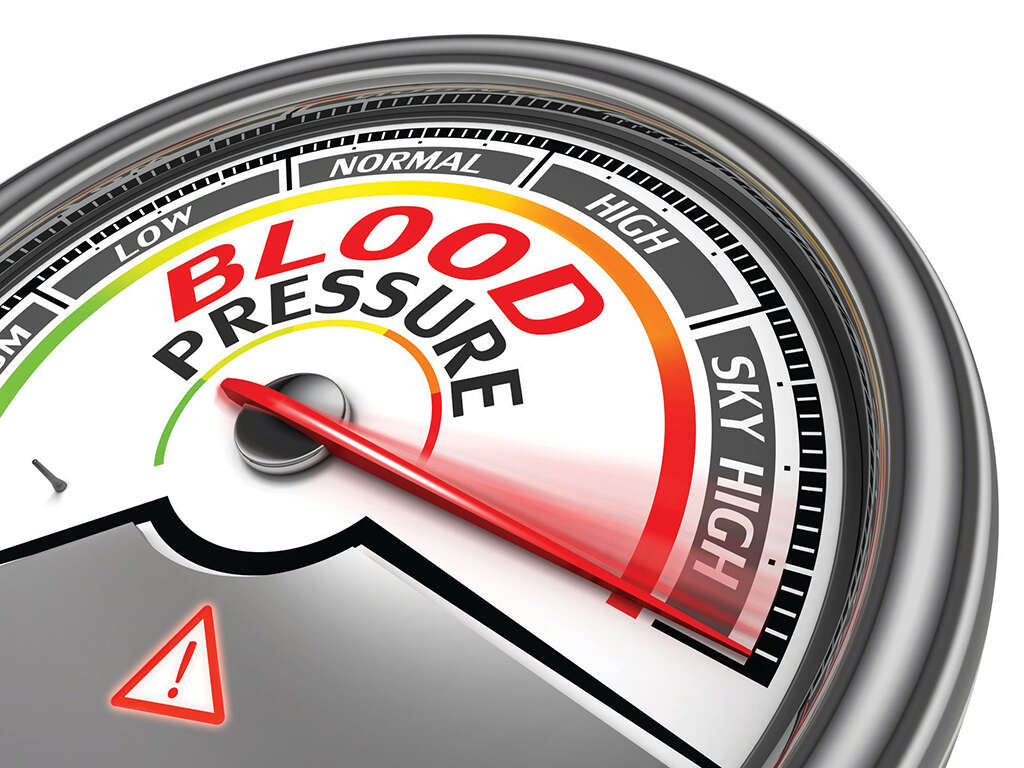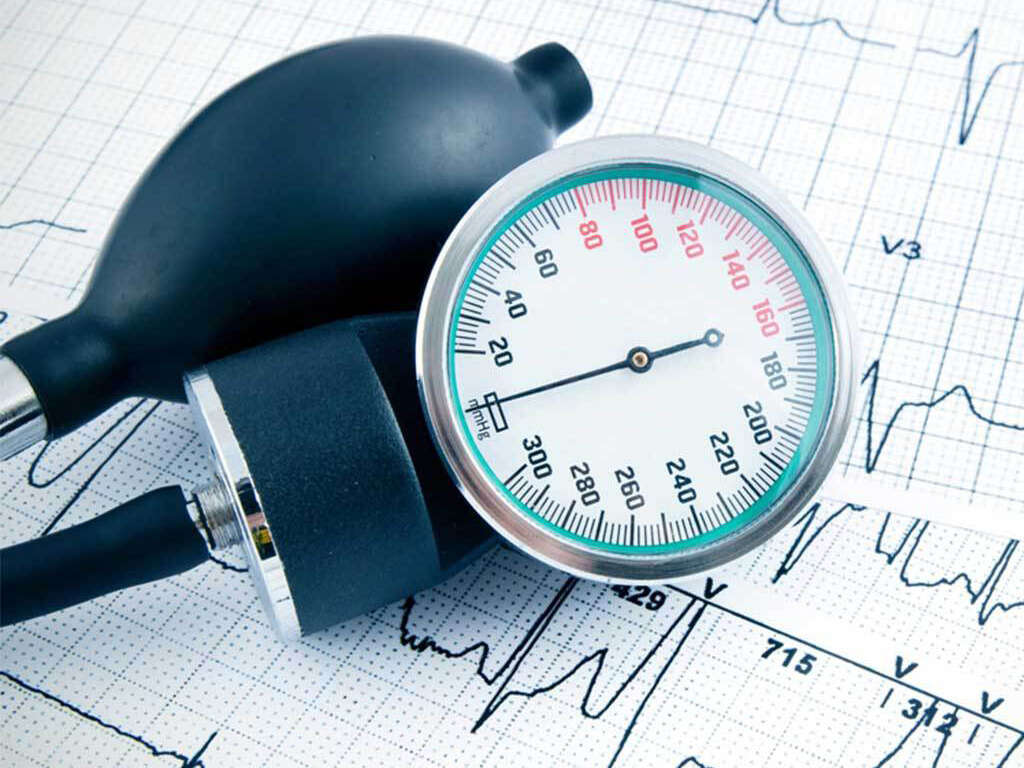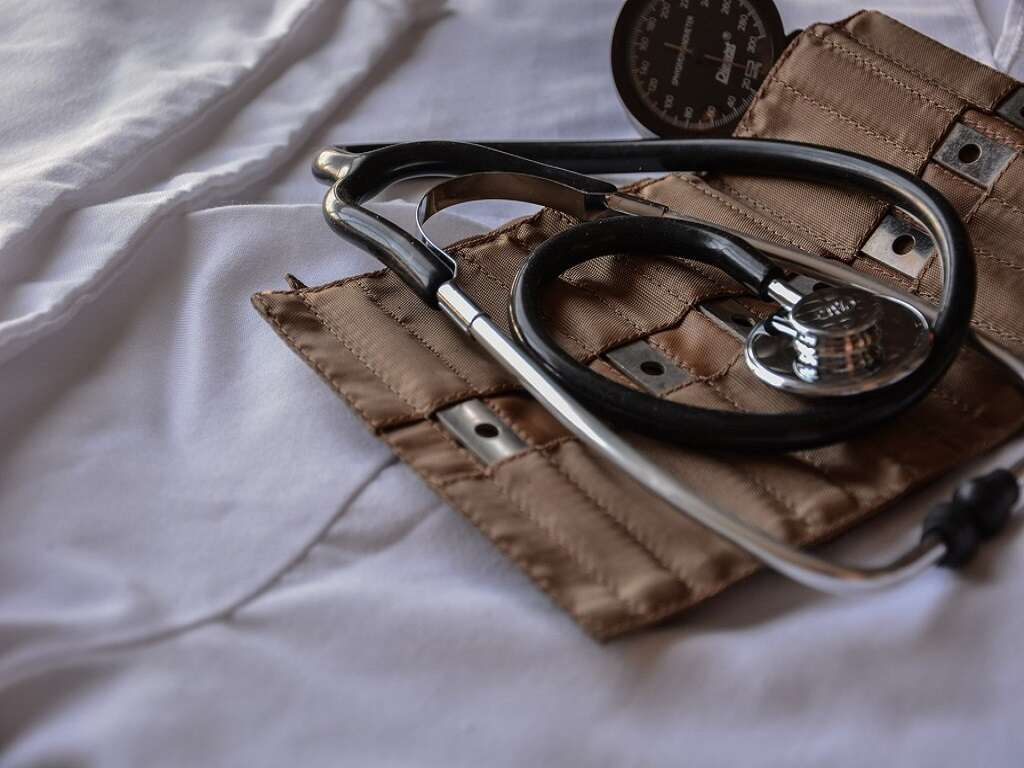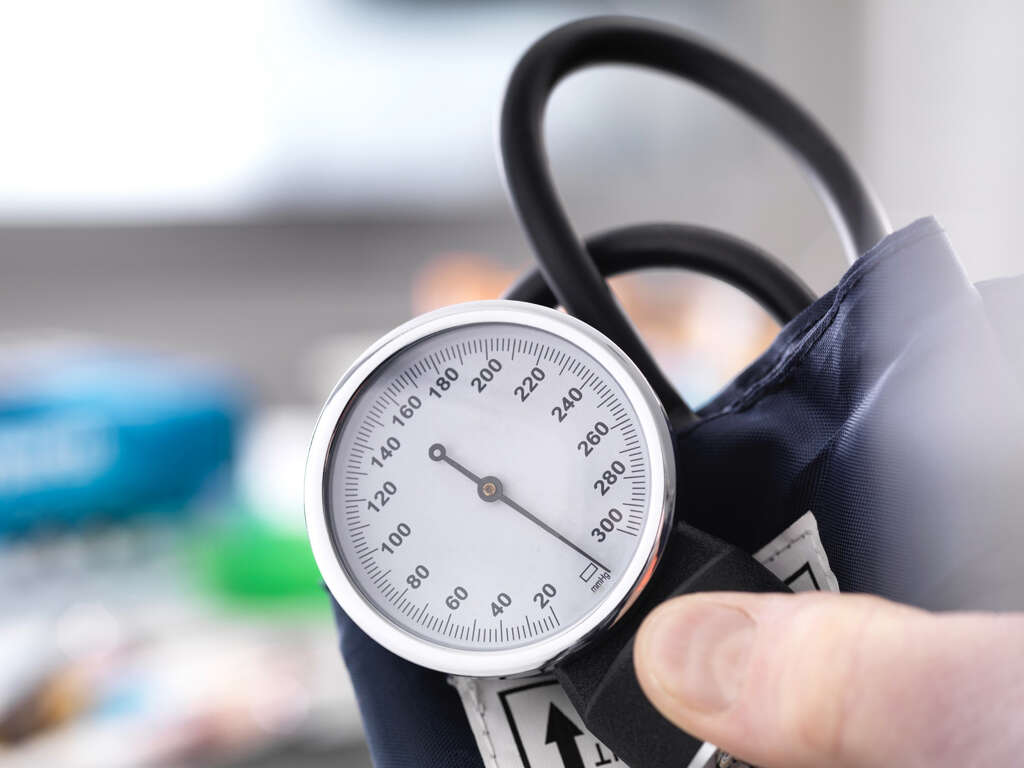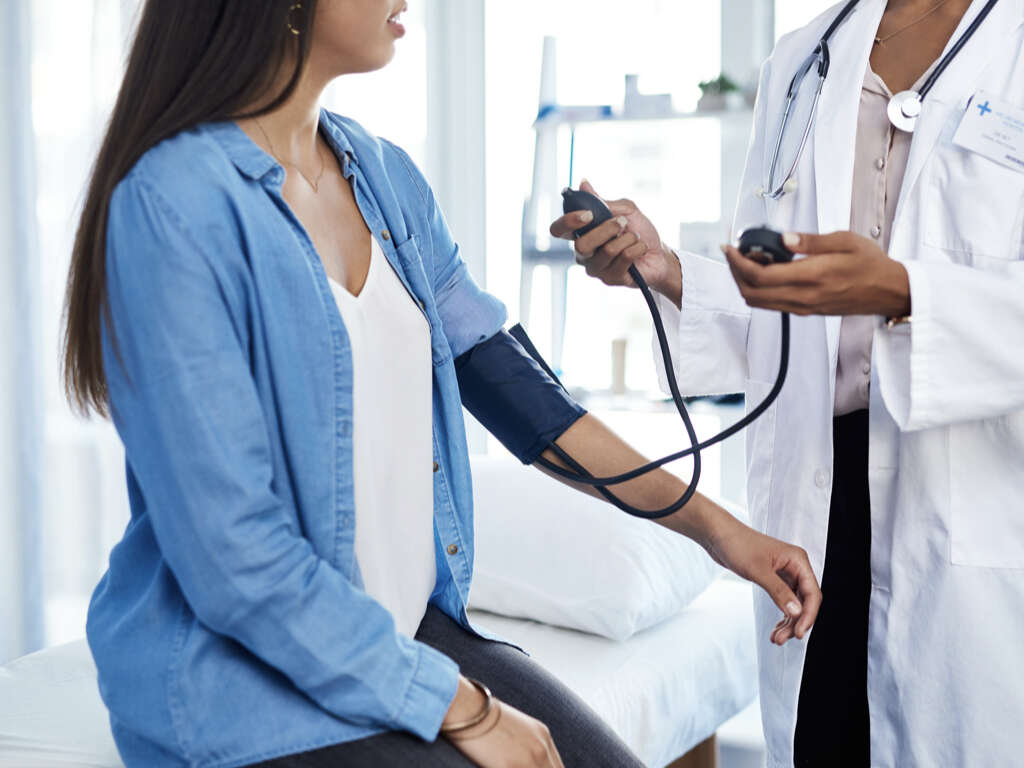10 Signs of High Blood Pressure
High blood pressure, or hypertension as it is commonly known, is the pressure of the blood against the artery walls in the circulatory system. Any blood pressure above 140/90 mmHg is considered as high blood pressure. According to the American Heart Association, every 1–3 adults over the age of 20 years old has high blood pressure. If left untreated or uncontrolled, it can lead to serious health problems including heart attack, heart failure, stroke, kidney diseases, and so on.
High blood pressure can be either essential or secondary high blood pressure. Essential high blood pressure is considered any high blood pressure when there is no established cause, while secondary high blood pressure is any high blood pressure when there is a known underlying cause.
Risk factors of high blood pressure include age, family history, being obese or overweight, smoking, alcohol intake, high fat diet, high salt intake, lack of exercise and sedentary life, diabetes, stress, and so on. Below are the 10 signs of high blood pressure that you should be aware of.
High Blood Pressure Sign #1: Severe Headache
A headache is a common symptom of high blood pressure. The headache pain tends to be a pulsating pain, typically occurring on both sides of the head or at the back of the head, including the neck. It also tends to get worse with physical activity.
In cases when a severe headache is accompanied by high blood pressure, treatment to lower the blood pressure helps relieve the pain. Checking blood pressure regularly is very important every time a person has high blood pressure.
High Blood Pressure Sign #2: Dizziness
High blood pressure does not directly cause dizziness. However, when the blood pressure is significantly high and tends to remain like that, the risk of developing a stroke is very high.
Continued dizziness and confusion also increase the risk of injuries from falls or accidents. Sudden dizziness, trouble walking, and a loss of balance and coordination are warning signs of a stroke and it is well known that high blood pressure is the leading risk factor for a stroke. Call for help immediately if you start experiencing any of these symptoms.

High Blood Pressure Sign #3: Fatigue
Fatigue can be a symptom of high blood pressure among many other conditions. If fatigue is combined with other signs and symptoms, it could be a sign of hypertension. Whenever you feel tired despite getting enough rest, you should talk to your doctor as something is probably going on with your body.
Untreated high blood pressure is more likely to lead to fatigue as it will strain the heart, which in turn will impact the brain’s ability to function normally. When the heart is under more stress due to higher blood pressure, the brain will need to work harder, which in turn will result in fatigue, confusion, lack of energy, and feeling foggy.
High Blood Pressure Sign #4: Difficulty Breathing
Another sign of high blood pressure is difficulty breathing. High blood pressure negatively impacts the ability to breathe normally because it reduces the blood flow to the lungs. The higher the blood pressure levels, the greater the possibility of having breathing difficulties. During a hypertensive crisis, when the blood pressure levels get over 180 mmHg, the lungs could even start to get filled with fluid, a condition known as pulmonary edema. Because the lungs start filling with fluid, the oxygen will lack in the organism, and breathing will become even more difficult. This is a medical emergency and seeking immediate medical help is necessary.
Whenever you experience difficulty breathing, you should seek medical help as determining the cause or treating it on your own is difficult, not to say impossible. One of the causes leading to difficulty of breathing could be high blood pressure.
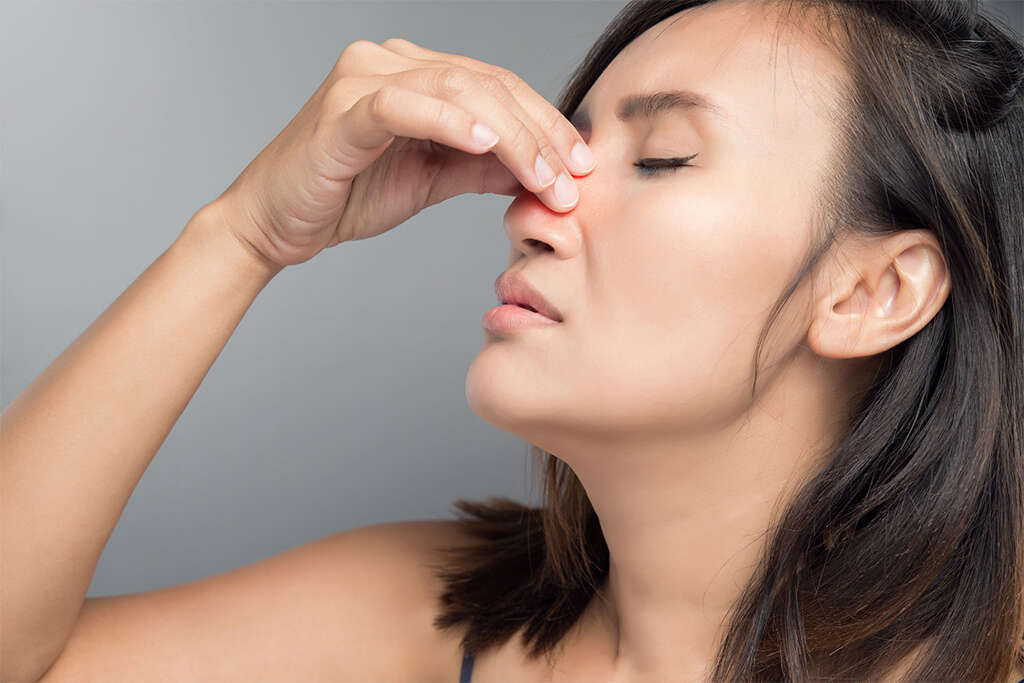
High Blood Pressure Sign #5: Chest Pain
Chest pain is another sign of high blood pressure. Whenever you experience chest pain, you should seek immediate medical attention. One thing that you should keep in mind is that chest pain does not occur in cases of mild to moderate hypertension. This means that whenever you are having chest pain, especially when it is accompanied by other signs and symptoms of high blood pressure, your blood pressure levels are extremely high and the risk of developing a heart attack is very high.
Chest pain which is caused by high blood pressure levels is usually a sharp pain in the chest, sometimes even a pulsating pain. Seek immediate medical attention and get the necessary treatment on time, before it’s too late.
High Blood Pressure Sign #6: Irregular Heartbeat
The human heart is able to compensate for a short-term increase in the blood pressure, which often occurs due to emotional or physical changes. However, as high blood pressure is a chronic problem that people tend to face for years, the heart gradually becomes incapable of compensating the higher blood pressure levels and so the compensatory mechanisms start to fail. As a result, various heart problems may develop, including an irregular heartbeat.
An irregular heartbeat is any heartbeat which is faster, slower, or irregular compared to how it should be, otherwise known as arrhythmia. One thing that you should keep in mind is that not all arrhythmias are life-threatening. But, this does not mean that you should not get medical help and get treatment.

High Blood Pressure Sign #7: Nosebleed
High blood pressure mostly develops without symptoms and the only way to really know you have it is to get your blood pressure checked regularly. However, in some cases, it can lead to various signs and symptoms including nosebleeds.
Nosebleeds tend to happen when the blood pressure levels significantly rise, and the so-called hypertensive crisis develops. If blood pressure readings are over 180/110 mmHg then you should seek immediate medical help and get the right treatment. If you have frequent nosebleeds that can’t be explained or caused by cold weather, dry air, and so on, then you should seek medical help. High blood pressure might be the cause.
High Blood Pressure Sign #8: Nausea and Vomiting
Other signs that could indicate blood pressure problems are nausea and vomiting. Nausea and vomiting are more likely to occur in cases of hypertensive crisis when the blood pressure levels are extremely high.
Hypertensive crisis besides nausea and vomiting is also accompanied by chest pain, shortness of breath, dizziness, confusion, severe headache, seizures, and severe anxiety, among others.

High Blood Pressure Sign #9: Vision Problems
People who suffer from high blood pressure also tend to have vision problems. High blood pressure being a chronic medical condition over time leads to the development of blood spots in the eye tissue. These blood spots will disrupt the normal vision field leading to blurred vision or double vision. Over time, these irregularities will lead to further eye damage including, hypertensive retinopathy, optic nerve damage, and even complete loss of vision.
Maintaining the blood pressure levels around the normal rage is very important in order to prevent further damage, including eye damage. Those who take medications for high blood pressure should take them regularly and also check their blood pressure regularly. Others, who have just discovered that they have a higher blood pressure than normal, should consult their doctor and start medications if necessary.
High Blood Pressure Sign #10: No Symptoms
Not all people with high blood pressure will experience symptoms. Many people don’t have symptoms at all, even though their blood pressure is significantly higher than it should be. For this reason, high blood pressure is commonly known as the silent killer.
People who have high blood pressure and already take medications to control their blood pressure, as well as those who have a family history of high blood pressure and have an increased risk of developing it themselves, should carefully monitor their blood pressure level as it can be very high and they might not feel anything at all. In these cases, the risk of developing a stroke, a heart attack, and other health problems is greater.






